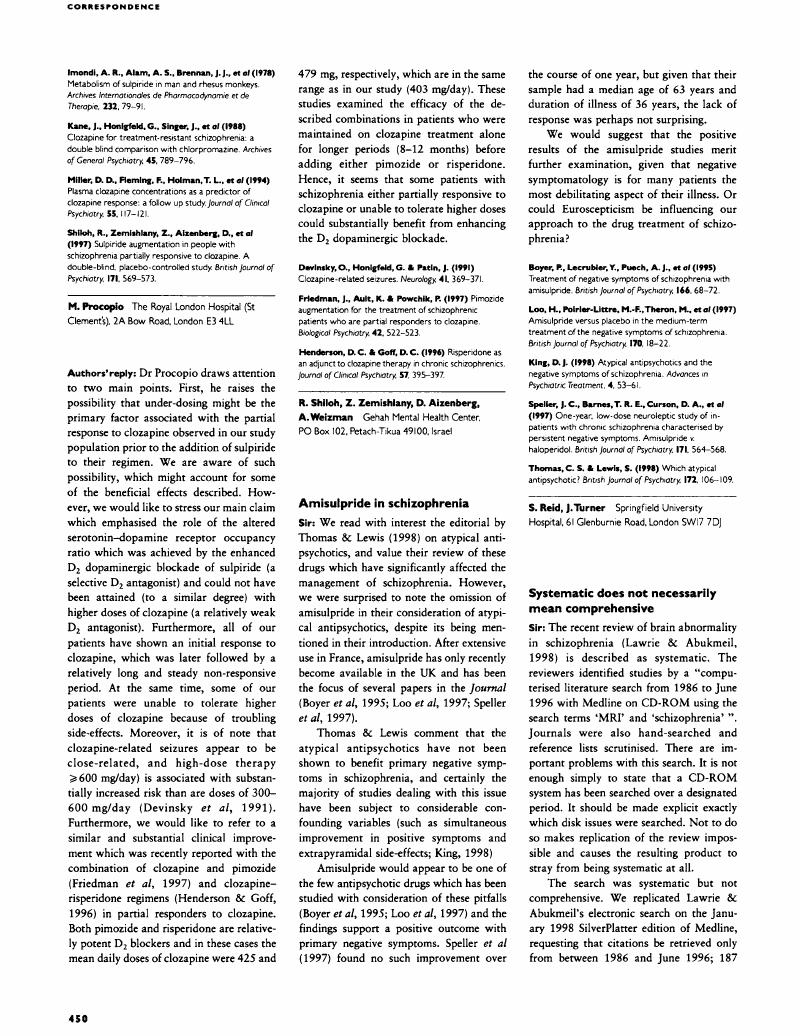Crossref Citations
This article has been cited by the following publications. This list is generated based on data provided by Crossref.
Bajad, Sunil
Johri, R.K
Singh, K
Singh, J
and
Bedi, K.L
2002.
Simple high-performance liquid chromatography method for the simultaneous determination of ketoconazole and piperine in rat plasma and hepatocyte culture.
Journal of Chromatography A,
Vol. 949,
Issue. 1-2,
p.
43.




eLetters
No eLetters have been published for this article.